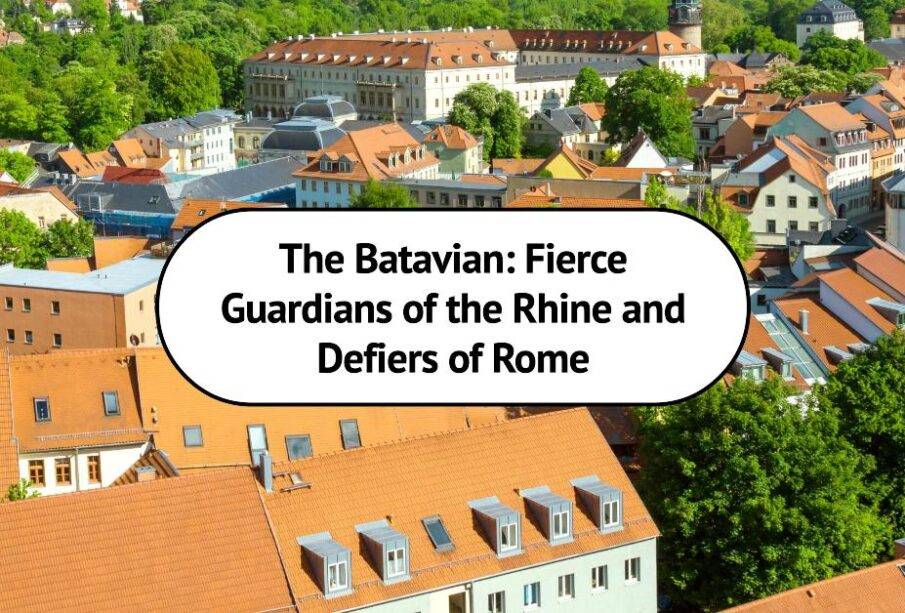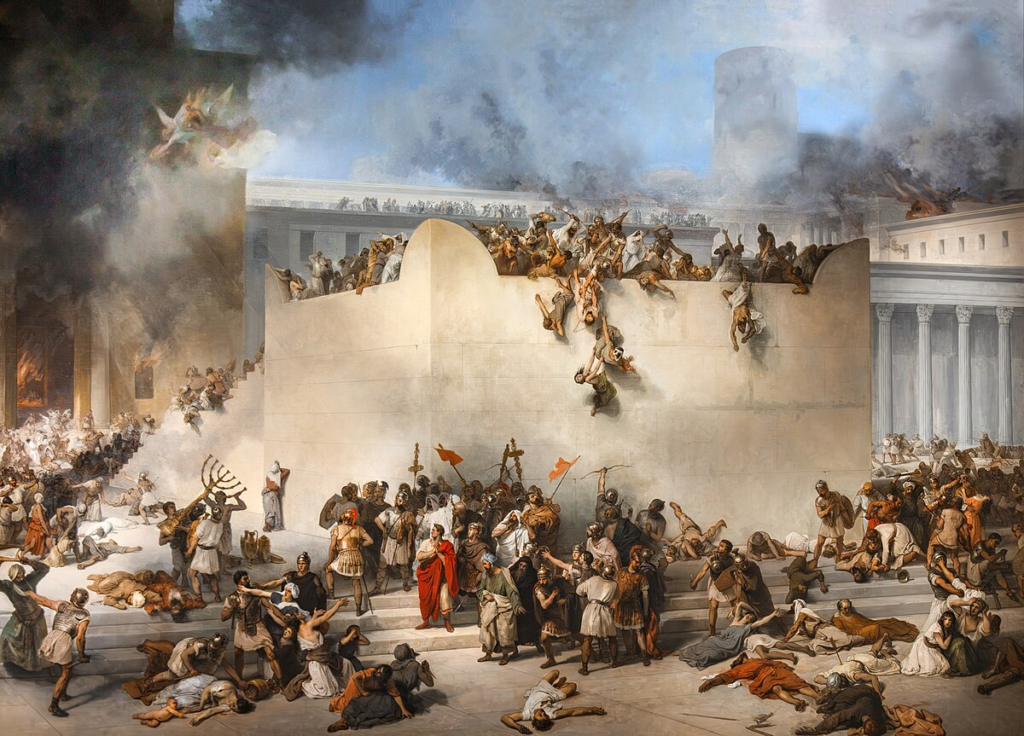The Batavian: Fierce Guardians of the Rhine and Defiers of Rome

In the tapestry of ancient European tribes, the Batavian hold a unique place, embodying the essence of resilience, military prowess, and cultural distinctness. This tribe, originally part of the Germanic Chatti, settled in the Rhine River delta region around the 1st century BCE. Their lands, now part of modern-day Netherlands, became the stage for their distinct role in Roman military history and their contribution to the cultural and political landscape of ancient Europe.
The Batavian: The Origins and Settlement
The Batavian, a Germanic people, are believed to have migrated from the central and eastern regions of modern-day Germany. Seeking fertile lands and strategic advantage, they settled in the river delta of the Rhine, an area known for its marshy terrain and abundant waterways. This geographical choice not only provided them with resources for agriculture and trade but also a natural fortification against invaders.
The Roman Alliance

The Batavian are perhaps best known for their complex relationship with the Roman Empire. Initially, they were allies of Rome, providing auxiliary troops to the Roman legions. The Batavian were renowned for their cavalry and swimming skills, which made them invaluable in river crossings and amphibious operations. This alliance was mutually beneficial; Rome gained a fiercely loyal and highly skilled set of warriors, while the Batavian enjoyed a degree of autonomy and were exempted from paying taxes—a rare privilege in the Roman Empire.
The Revolt of 69-70 CE

The true testament to the Batavians’ spirit and tactical genius came during the Revolt of the Batavian In 69-70 CE, led by the charismatic Gaius Julius Civilis. Initially a member of the Roman military, Civilis turned against Rome following a personal grievance and perceived injustices against his people. This revolt was not just a rebellion against Roman authority but a carefully orchestrated coalition of various Germanic and Celtic tribes united under Civilis’s leadership.
The Batavian exploited their knowledge of the local terrain, engaging in guerrilla tactics and cutting off Roman supply lines. The rebellion highlighted the Batavians’ military acumen and their ability to challenge the might of Rome. Although the revolt was eventually quelled, it left an indelible mark on Roman military strategy and the negotiation of power dynamics between Rome and its auxiliary forces.
The Cultural and Religious Landscape
Beyond their military contributions, the Batavian maintained a rich cultural and religious identity. They worshipped ancient Germanic gods and participated in rituals that connected them to the natural world and their ancestors. Archaeological findings, such as the remains of temples and sacrificial sites, provide insights into their spiritual practices and societal structure.
The Batavian also contributed to the Roman economy, particularly through agriculture and trade. Their settlements became centers of commerce, where goods from the north were exchanged for Roman products. This economic interaction facilitated a cultural exchange that enriched both the Batavians and the Romans.
The Legacy of the Batavians
The legacy of the Batavian extends far beyond their military engagements with Rome. They are a symbol of resilience and strategic wisdom, demonstrating the power of local knowledge in guerrilla warfare. Their story is a testament to the complexity of Roman auxiliary relations and the negotiation of autonomy within the vast Roman Empire.
In modern times, the Batavian inspire a sense of national pride in the Netherlands. Their spirit of independence and resistance against a formidable empire resonates with contemporary values of sovereignty and self-determination. The Batavian myth, while rooted in historical events, has evolved into a symbol of Dutch identity and resilience.
Furthermore, the Batavians’ contributions to European cultural and military history provide valuable insights into the dynamics of ancient tribal societies and their interactions with empires. Their ability to maintain a distinct cultural identity while engaging in significant military and economic exchanges with Rome offers a nuanced understanding of cultural assimilation and resistance.
Conclusion
The Batavian, guardians of the Rhine, stand out in history not just for their military prowess but for their strategic ingenuity, cultural richness, and indomitable spirit. Their story is a fascinating chapter in the annals of ancient Europe, highlighting the complexities of tribal alliances, the art of rebellion, and the enduring legacy of a people who dared to challenge Rome. As we delve into the past, the Batavian remind us of the enduring human spirit’s capacity for resilience, adaptation, and the pursuit of autonomy.









